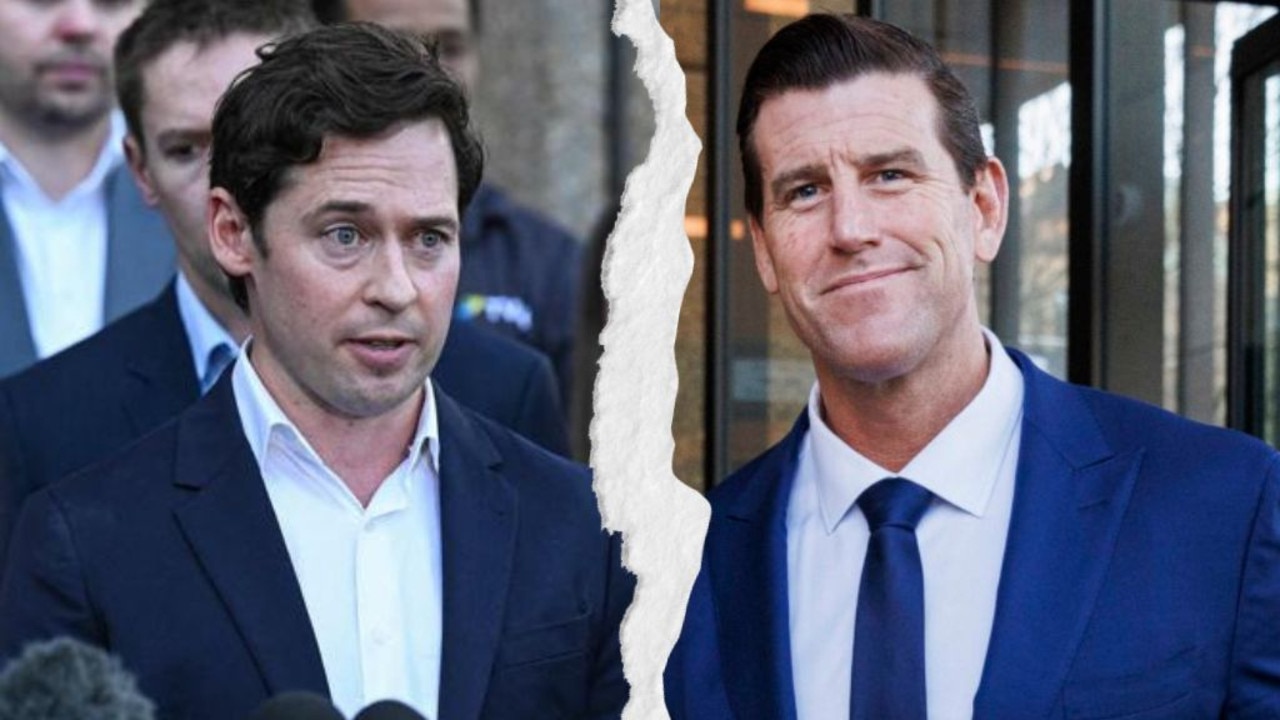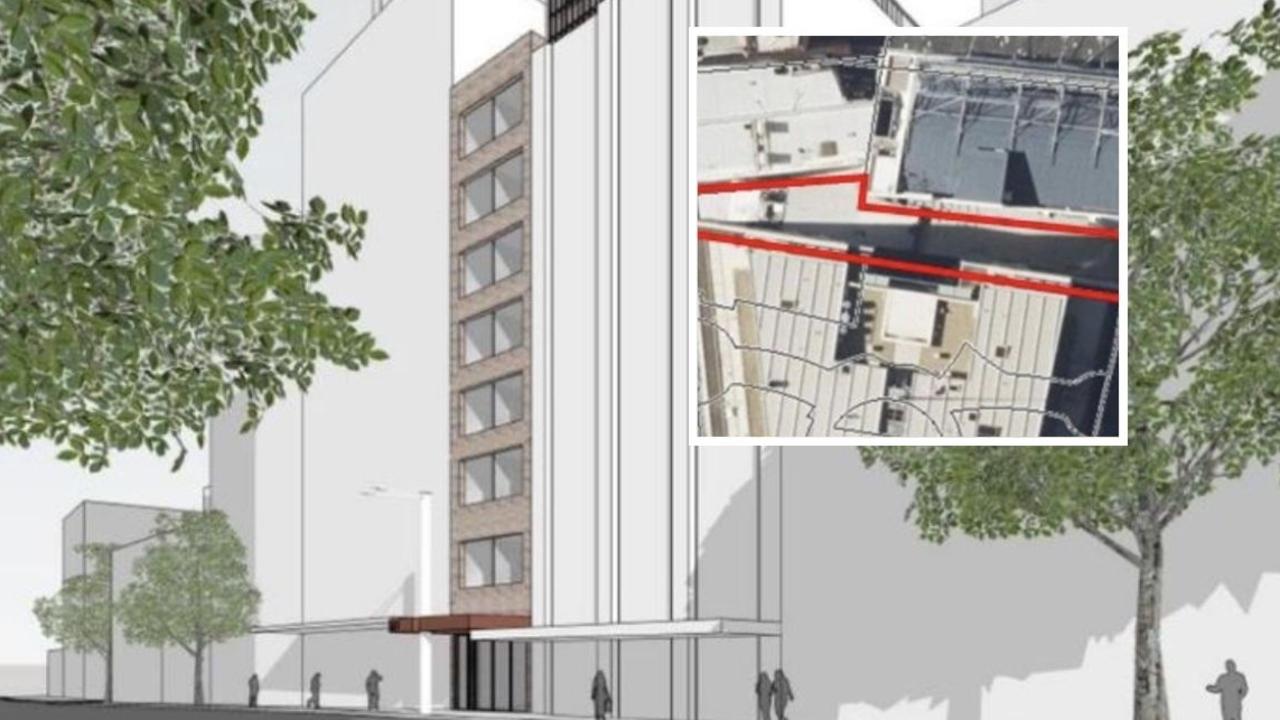Childhood cancer survival nurse beat the odds and wants to let others know ‘there is hope’
A new report from the Australian Institute of Health and Welfare shows some childhood cancers come with a remarkable 90 per cent survival rate, and one remarkable Sydney nurse wants to let parents know.
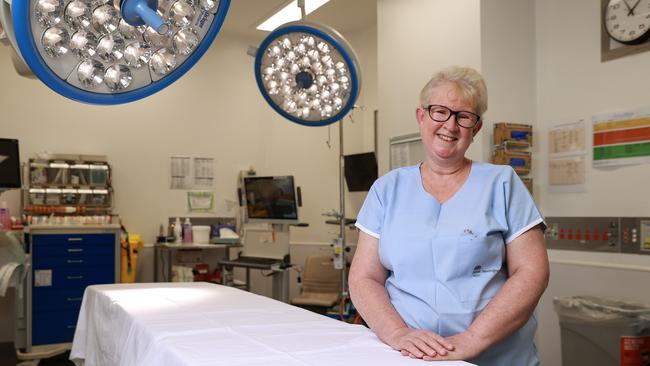
NSW
Don't miss out on the headlines from NSW. Followed categories will be added to My News.
At just three-and-a-half years of age in 1972, Sydney nurse and mum Karen Upton was diagnosed with Acute lymphoblastic leukaemia.
She was only given a five per cent chance of survival by the medical profession.
But this year marks a landmark for Ms Upton, a clinical nurse specialist working with sick children in the operating theatre at The Children’s Hospital at Westmead.
It’s 50 years since her dire prognosis and she says she’s here today to tell families “there is hope”.
Nowadays, the chance of survival of that type of leukaemia is a remarkable 90 per cent, with Health Minister Ryan Park saying recently NSW has some of the best cancer survival rates in the world.
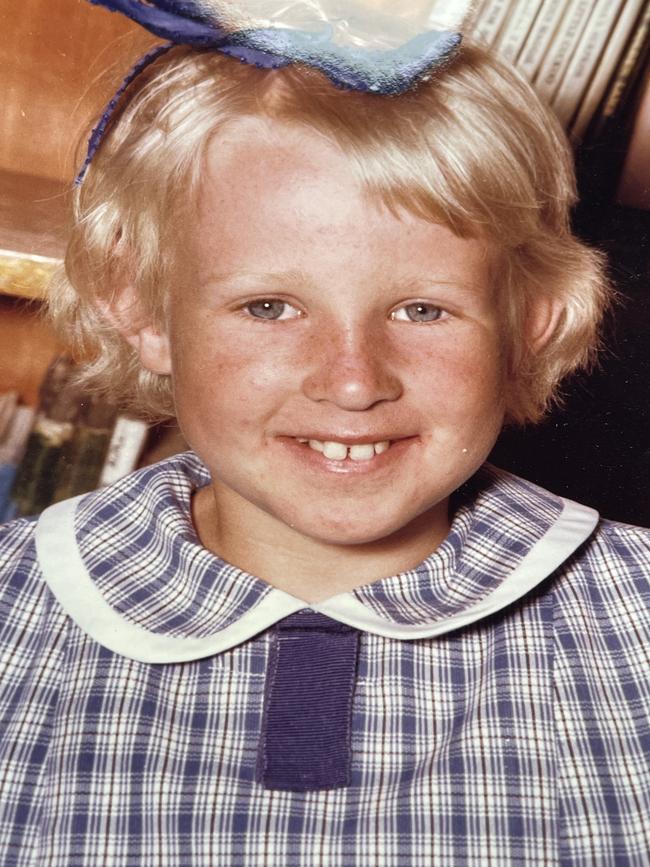
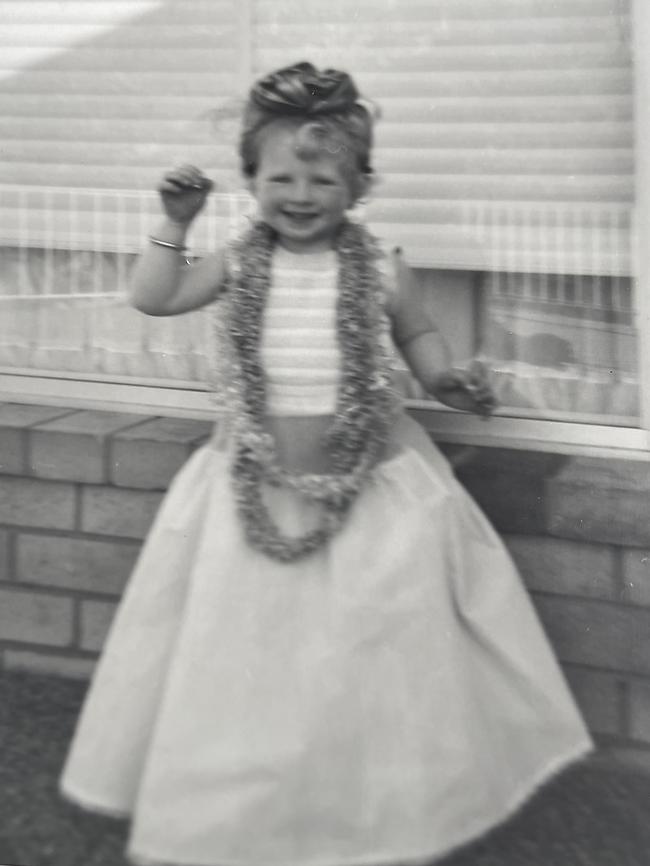
Ms Upton’s amazed and happy to see how far cancer treatments for children have come – and the vastly improved support systems for sick children in hospitals.
As a little girl, Ms Upton, who grew up in the Parramatta area, spent a decade of her childhood visiting and being treated at the Royal Alexandra Children’s Hospital at Camperdown, which became a second home.
She endured four weeks of cranial radiotherapy at the start, then four years on chemotherapy.
“I tried to be a normal kid,” she says. “But I was a little bald kid, I used to run around with purple lines on my face, which were markers for my dose of radiation.
“I never wore a wig and I was stared at by people in the street but that never worried me I was trying to live life as normally as possible.
“But it was quite frightening and lonely experience. I remember screaming my head off, terrified at the medical procedure.”
Back then, parents were restricted by strict visiting hours and were never allowed in operating rooms.
Finally, at age 13 against all the odds, doctors declared Ms Upton was cured and her first request was to get her ears pieced, to be just like her friends, because the threat of sepsis had meant she couldn’t.
Inspired by her own childhood experience and rare survival story, she decided to become a nurse and give back to the medical profession that saved her life.
“If it’s appropriate, and the parents can cope with me telling them I’m a survivor, I’ll tell them there is hope,” she says.




